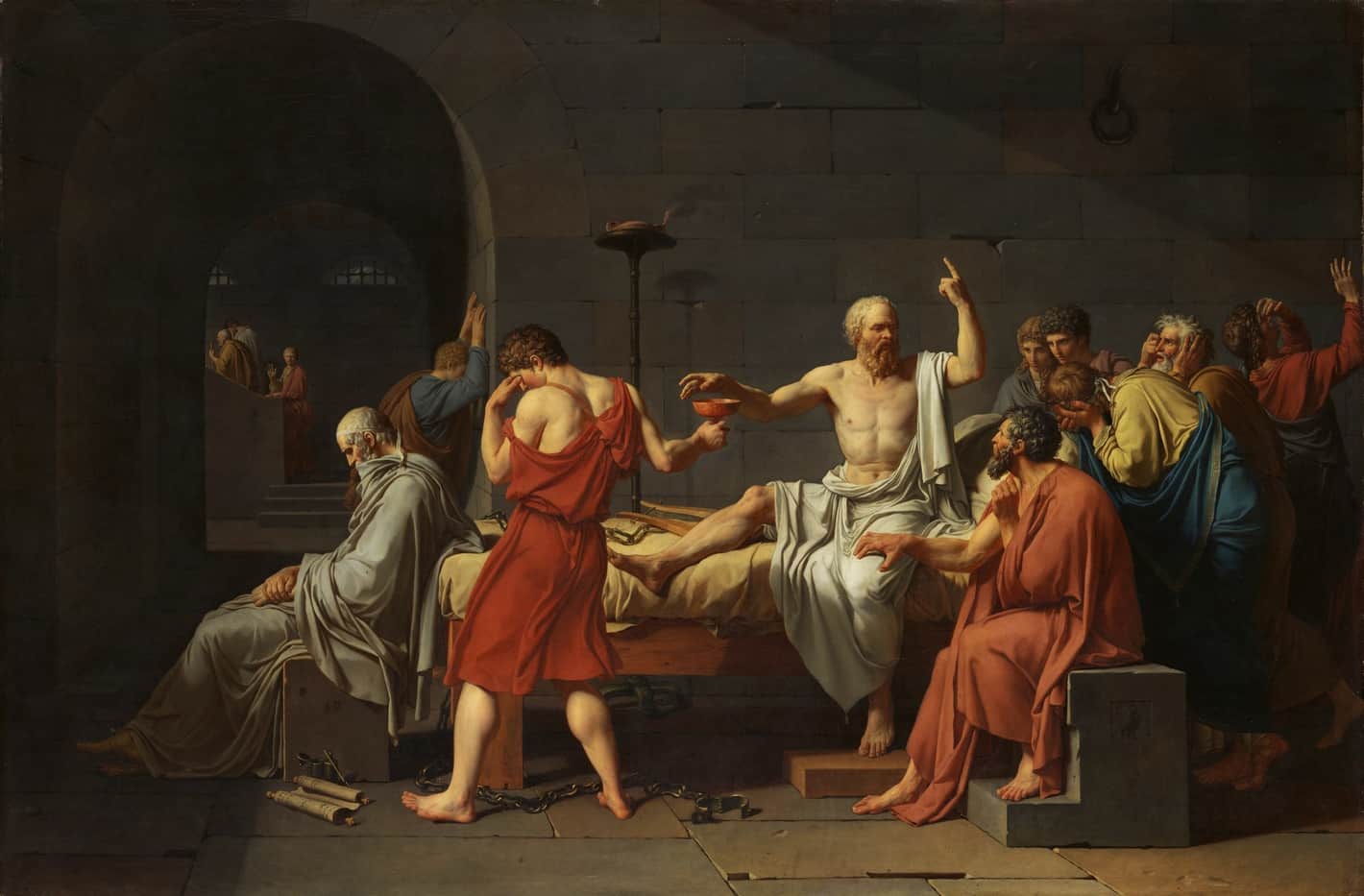
ADVERTISEMENT - CONTINUE READING BELOW
27. The Rule of the Thirty Tyrants Made Socrates a Widely Loathed Figure in Athens
Although Socrates’ students led the Thirty Tyrants, he refused to get his own hands dirty in their reign of terror. In one narrative, he was ordered to participate in the roundup and execution of some people, but he heeded the dictates of his inner conscience and went home instead. Laudable as that might have been, to many Athenians that was not enough, and when a popular uprising eventually overthrew the Thirty Tyrants and restored democracy, Socrates had a target on his back. To put it in a modern context, imagine if Americans rose up in revolt to overthrew a radical libertarian regime of Ayn Rand devotees that had slaughtered 16 million of their fellow citizens, and restored democracy. If Ayn Rand was still alive, even if she had not personally killed anybody, she would probably not fare well.
That was the context in which Socrates was viewed by many Athenians after the Thirty Tyrants’ bloody regime. To many, he was a loudmouth troll who preached a philosophy that catered to his days’ rich snobs’ sense of entitlement and resentment of jumped up commoners having a say in government. That philosophy inspired them to commit treason and cooperate with a foreign enemy to overthrow the government and slaughter said commoners. Seen from that perspective, that the Athenians afforded Socrates a trial – a fair and open one in which he got to defend himself, unlike those slaughtered by his Thirty Tyrant acolytes – demonstrated remarkable restraint. They could have simply dragged him out of his house and tore him limb from limb with their bare hands soon as democracy was restored.

